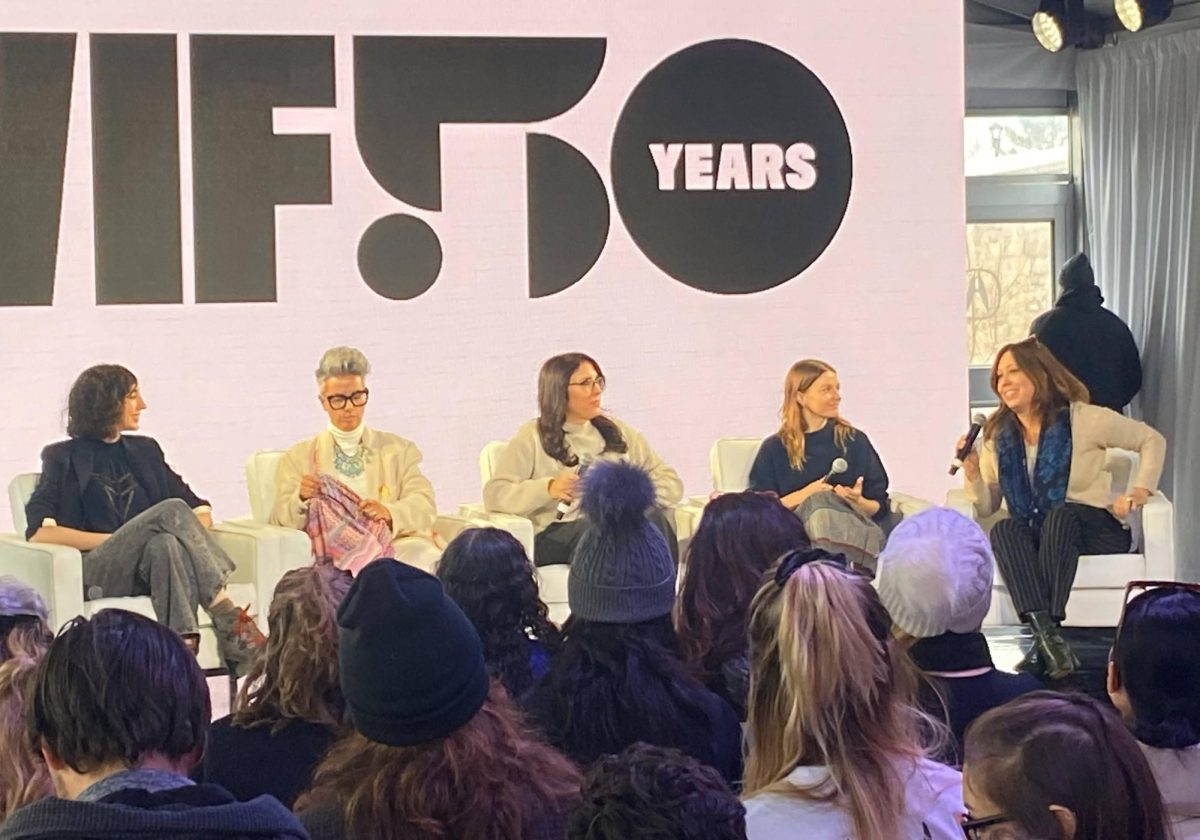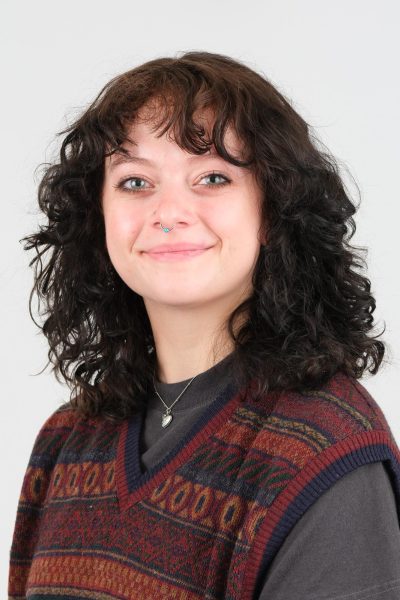Filmmakers Sydney Freeland of Marvel’s “Echo,” Lana Wilson of “Miss Americana,” Ally Pankiw of “Black Mirror” and Fawzia Mirza of “The Queen of my Dreams” all gathered to discuss their experiences and approaches in the film industry through a panel hosted at Sundance on Saturday in partnership with Women in Film.
Paths to Directing
“It feels like the path to get to where we are is often very nonlinear,” Pankiw reflected. She describes how she got her degree in journalism before taking on various roles in the industry, like editing or producing. Pankiw eventually landed a job writing for “Schitt’s Creek” and then directed TV shows like “Feel Good” and “The Great.”
Mirza discussed how she was a lawyer before she started venturing into acting and eventually, directing.
“I thought directing was something that was unattainable — unattainable for a queer, brown, Muslim, woman, gender expansive person, like it’s an elitist job, but it’s not,” Mirza said.
“It just needs to be demystified,” Pankiw said. “When I started directing, I thought I have to dress like Peter Jackson on set to be taken seriously.”
Now, though, Pankiw said she tries to dress as feminine as possible when she’s on set. She also hopes to change the visual of what a director looks like.
Freeland discussed how acceptance into a variety of Sundance Labs helped kickstart her career. She said she considers Sundance to be her film school. Wilson worked as a film and dance coordinator before venturing into documentary-making.
Values
Freeland talked about her commitment to creating diverse sets.
“All of that has a cumulative positive effect, and it has a positive consequence on the environment and the story that you’re trying to tell,” Freeland said.
Mirza talked about her writing and how personal it was. The protagonists and communities in her work often reflected her own life and communities. Mirza builds worlds in her writing that she doesn’t see elsewhere. Worlds where people like herself are at the center.
“I realized my mission is centering queer Muslim, people of color, queer and trans people of color, people whose voices are not at the center,” Mirza said. “Because I’m at the center of my life, but I’m not at the center of anything I see out in the world that’s on the screen.”
Wilson discussed her hopes that everyone she works with will feel pushed to do their best work. She hopes for that favor in return. Still, though, she wants the process to be enjoyable for everyone involved.
“It’s very important to me to always ask, ‘Why do I want to tell a story?’ and ‘Why should I be?’” Pankiw said.
She talked about how it can feel like there’s a lack of opportunity in the industry, which might lead someone to take any job that comes their way. If you say no to a story you shouldn’t be telling, she said, you leave it to be told by someone else who can tell it more authentically. A better-fit opportunity will come along.
Pankiw also discussed her practice of bringing a female filmmaking mentee to every project she works, in an effort to bring more diversity to the industry.
“I have a stake in our industry looking different,” Pankiw said, because she wishes she had the opportunity to see films made by diverse groups when she was growing up.



